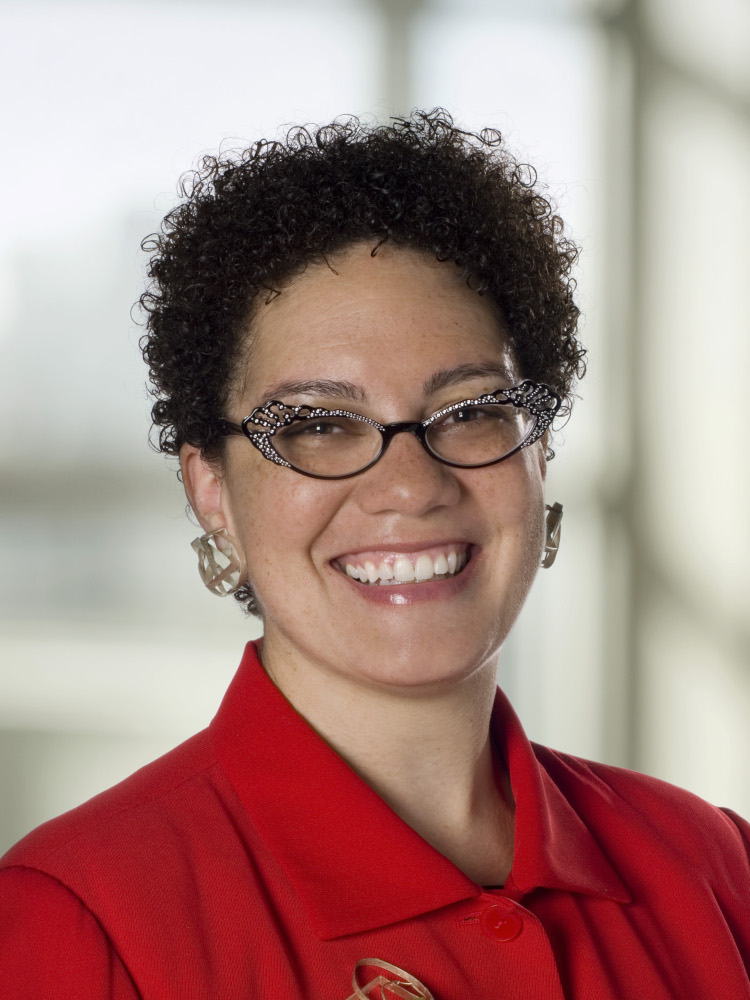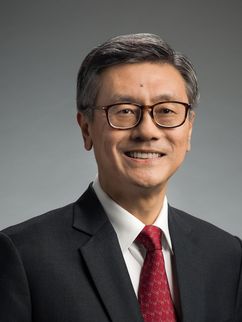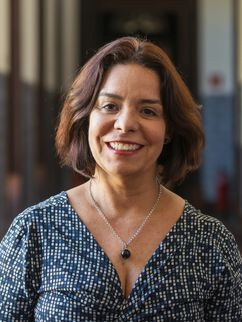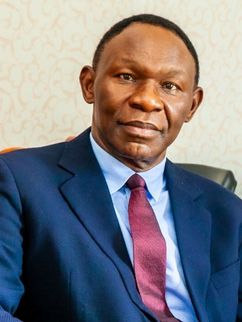How did the coronavirus pandemic change university teaching, learning and life around the world – and what is here to stay? We asked four universities for their views. This answer comes from Suzanne Walsh. She is President of Bennett College in Greensboro/North Carolina and is a member of the Global Learning Council.
LEIBNIZ Ms Walsh, what has proven to be the biggest challenge for your institution in shifting to digital teaching and learning?
SUZANNE WALSH The biggest challenge for us at Bennett College was moving from being a college with no distance or digital learning to one where all teaching was at a distance and digital. It went fairly smoothly, however, because we offered our lecturers professional development during the summer and during the academic year.
What kind of support for digital teaching and learning would you like to see at your institution in the future?
Continued professional development and coaching for faculty members that is tailored to their subjects and preferred teaching styles. In an ideal world, every faculty member would be part of a cohort every year with a coach, so that they would have access to support at any time and a safe space to test new tools and techniques.
What would you like to tell others about digital teaching and learning? What advice can you give?
Invest in the learning and development of your faculty. Reflect with them at the end of each semester to find out what worked and what didn’t work. I met with all faculty members together. Oftentimes, they ended up supporting each other and came up with great ways to improve tech-enabled learning at Bennett College. And one last thing, which is important to me: we should switch our language and talk about tech-enabled
teaching and learning, rather than digital
. There is still a role for human interaction in tech-enabled, whereas digital sounds impersonal. For first-generation and low-income students, or students of colour like at Bennett College, the human component is critical, even if it is now smaller.
The Global Learning Council (GLC)is a virtual organisation that brings together thought leaders in the area of effective use of technology to provide access to education and improve learning outcomes around the world. The GLC was founded in 2013 and offers a platform for connecting leaders, organisers and innovators from academia, industry and the non-profit sector to foster cooperative processes and advance innovative strategies for digital learning.
Leibniz President Matthias Kleiner is the chair of the GLC. The head office of the GLC currently resides with the Leibniz Association in Berlin, Germany.
How have universities and other higer education institutions around the world reacted to the pandemic? – Find an interview with Friedrich W. Hesse, Co-Chair of the GLC and project manager Anne Leiser who coordinated a study about the pandemic-related digitalisation here!



